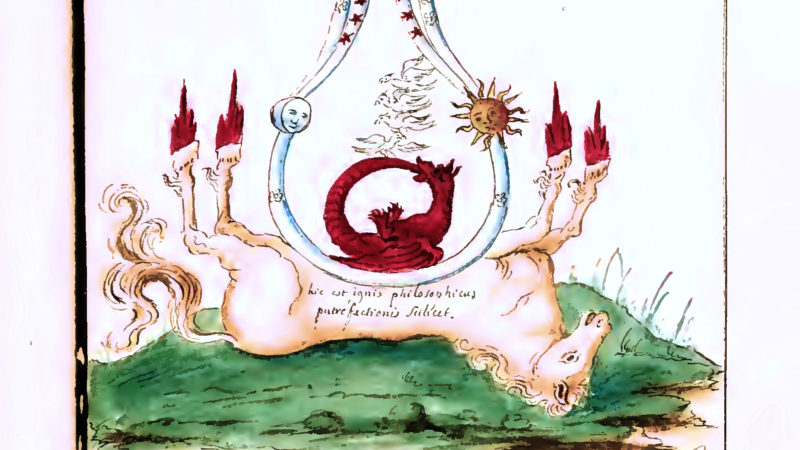Listen:
We want what God wants: to be pure.
Take the water. We’ll pay for it in glass.
Poseidon, now there’s a god, a real king of water.
We want what a god wants: to own it, all.
Water baron, barren woman, what do you know of the sea?
The sea never ceases ringing.
I swallowed the seahorse because I could not swallow the seashore.
How to track an animal?
It takes one to know one.
You need it so bad it will kill you.
Is water a human right?
How much you got?
How far are you willing to go for a taste?
Look at the horses on the beach at Assateague: swim or die.
That’s nature—so feral they’ll perish if they eat a whole bag of sugar.
Red, green, or golden, horses love an orchard.
Storm rising? Star gazing.
God of the sea: god of the horse.
In the body in the body of the centaur, which part is human and which part animal?
The difference between liminal and subliminal is regional.
Look up.
It was a half‐man half-horse that first grouped the stars into shape, the first shape in the sky—a hybrid—a half‐man half-horse selfie.
You can’t have a half-man half‐horse without a half‐female half‐horse; with Hylonome, they say Ovid explores “possible combinations of a number of conceptual opposites: natura and cultus, human and animal, male and female, love and war, and the contrasting values of lyric—elegiac and epic poetry.”
On the merry-go-round, I always go for the gold‐ring. Alchemy.
Of all the psychopomps, I ride the horse.

